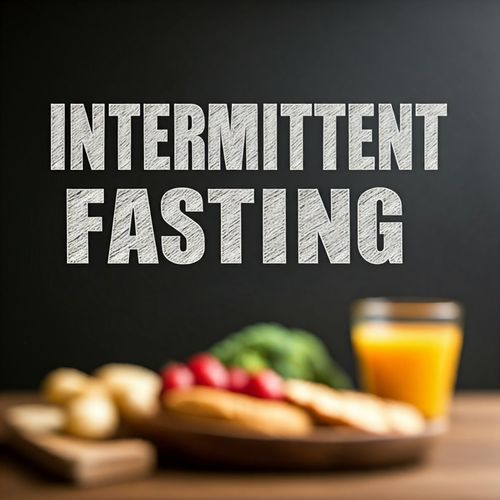
Last updated on
Managing Type-2 diabetes with intermittent fasting
I was diagnosed with Type-2 diabetes sometime in 2012. It was because I was leading a very sedentary lifestyle and my diet wasn’t balanced enough. I was prescribed metformin 500mg twice a day and it worked well. But over the years it became a challenge to manage with the same medication and by around 2018 I could clearly see it was less effective than before.
By this time I knew I wanted to workout and make changes but that wasn’t happening because I was very occupied with my previous startup. I was trying hard to manage my diet and little walking but it wasn’t the most effective way. Then the COVID pandemic happened around 2020 and we were all locked inside the house and the little walking was also gone for that short amount of time.
During that time I heard about intermittent fasting and tried it. It took my body to adjust to the changes in food timings but over the time I noticed much better sugar levels. I used to eat from 6am to 2pm and no food after that. I was able to cut the 2nd dose of metformin that I generally had around my dinner. Over a period of one month, to my surprise, my sugars levels were great. It was very encouraging to know that there is a way to not be 100% dependent on medication. I also tried 24 hour fasting in the later months, once every month and I could see it helped even further.
But intermittent fasting isn’t a fix for Type-2 diabetes. It is one of the many tools to manage your sugar levels. I eventually stopped intermittent fasting for long hours and I have added workout for more effective regulation. I still try to go without food for about 12 hours.
Please don’t try this if you are Type-1 diabetic as this could be dangerous. Please consult your doctor.
Few things before you want intermittent fasting if you are also Type-2 diabetic.
- Consult your doctor and ask if it is safe to try with your current medication. It is a must to adjust your medication, specially if you are taking any other kind of medication with sustained release. I was on minimal dosage, so nothing happened when I did not eat food and I could stop at my will.
- You can plan your diet well in advance so you know you aren’t losing on nutrition. Have a wholesome meal if you are having it during a short window.
- If you exercise, then you have to know that you aren’t starving where it could be dangerous.
- Don’t eat food that is counter intuitive to the whole idea of managing sugar levels. Don’t fill up with sweets and carbs only as it might not help.
- You will still be able to sleep well without going to bed full tummy at night,